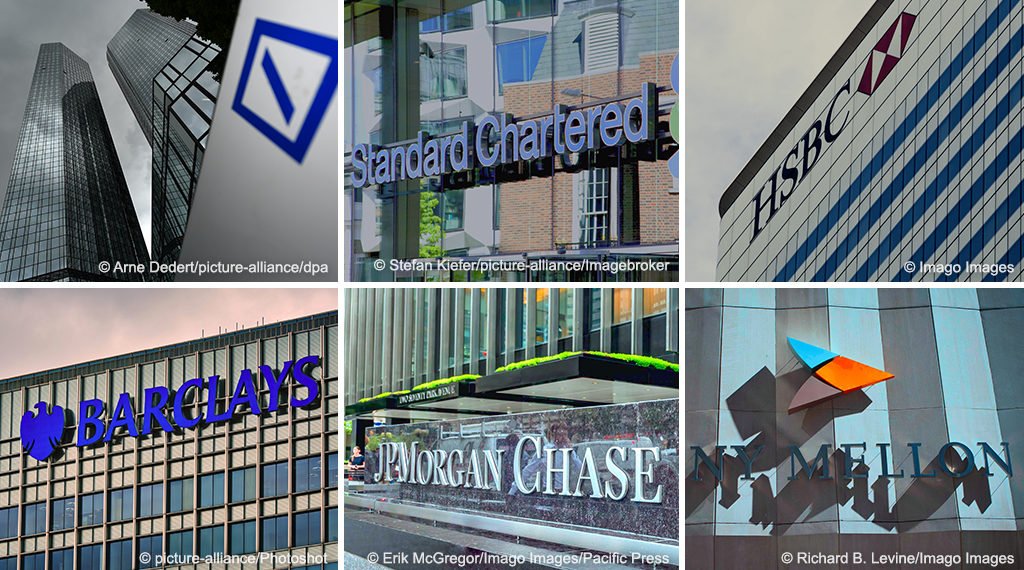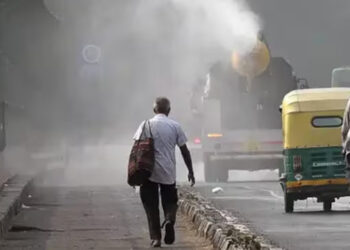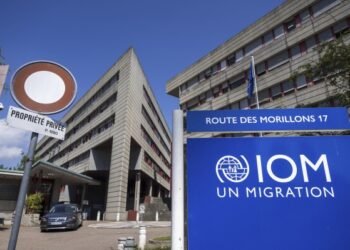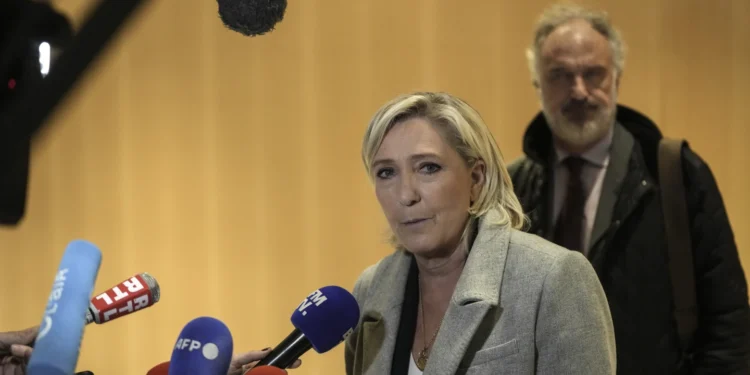Several global banks have been accused of allowing criminals to launder dirty money for nearly two decades, despite red flags about the origins of the money, according to an investigation based on leaked internal reports.
The series of news reports was partly based on documents, called Suspicious Activity Reports (SARs), filed by banks and other financial firms with the US Department of the Treasury’s Financial Crimes Enforcement Network (FinCEN).
The SARs, which the reports said numbered more than 2,100, were obtained by BuzzFeed News and shared with the International Consortium of Investigative Journalists (ICIJ) and other media organisations.
In all, the ICIJ reported that the files contained information about more than $2 trillion worth of transactions between 1999 and 2017, which were flagged by internal compliance departments of financial institutions as suspicious. The SARs are in themselves not necessarily proof of wrongdoing.
Five global banks appeared most often in the documents – HSBC, JPMorgan, Deutsche Bank, Standard Chartered and Bank of New York Mellon (BNY Mellon), the ICIJ reported.
A bank has a maximum of 60 days to file SARs after the date of the initial detection of a reportable transaction, according to the Treasury Department’s Office of the Comptroller of the Currency. The ICIJ report said that in some cases, the banks failed to report suspect transactions until years after they had processed them.
The SARs also showed that banks often moved funds for companies that were registered in offshore havens, such as the British Virgin Islands, and did not know the ultimate owner of the account, the report said.
Among the types of transactions highlighted by the report are funds processed by JPMorgan for potentially corrupt individuals and companies in Venezuela, Ukraine and Malaysia; money from a Ponzi scheme moving through HSBC; and money linked to a Ukrainian billionaire processed by Deutsche Bank.
In a statement to reporters, London-based HSBC said “all of the information provided by the ICIJ is historical”.
The bank said that as of 2012, “HSBC embarked on a multi-year journey to overhaul its ability to combat financial crime across more than 60 jurisdictions.”
Standard Chartered, which is also based in the UK, responded to the reports by stating: “The reality is that there will always be attempts to launder money and evade sanctions; the responsibility of banks is to build effective screening and monitoring programmes to protect the global financial system.
“We take our responsibility to fight financial crime extremely seriously and have invested substantially in our compliance programmes.”
BNY Mellon however told reporters it could not comment on specific SARs.
“We fully comply with all applicable laws and regulations, and assist authorities in the important work they do,” the bank said.
JPMorgan said in a statement that “thousands of employees and hundreds of millions of dollars are devoted to helping support law enforcement and national security efforts”.
Germany’s Deutsche Bank also stressed that the ICIJ “reported on a number of historic issues” and said “those relating to Deutsche Bank are well known to our regulators”.
“The issues have already been investigated and led to regulatory resolutions in which the bank’s co-operation and remediation was publicly recognized,” Deutsche Bank added.





















